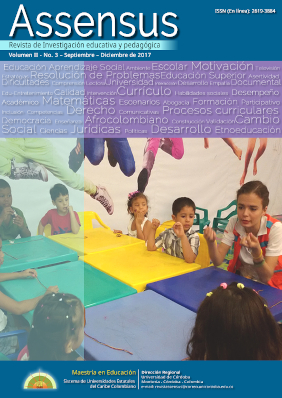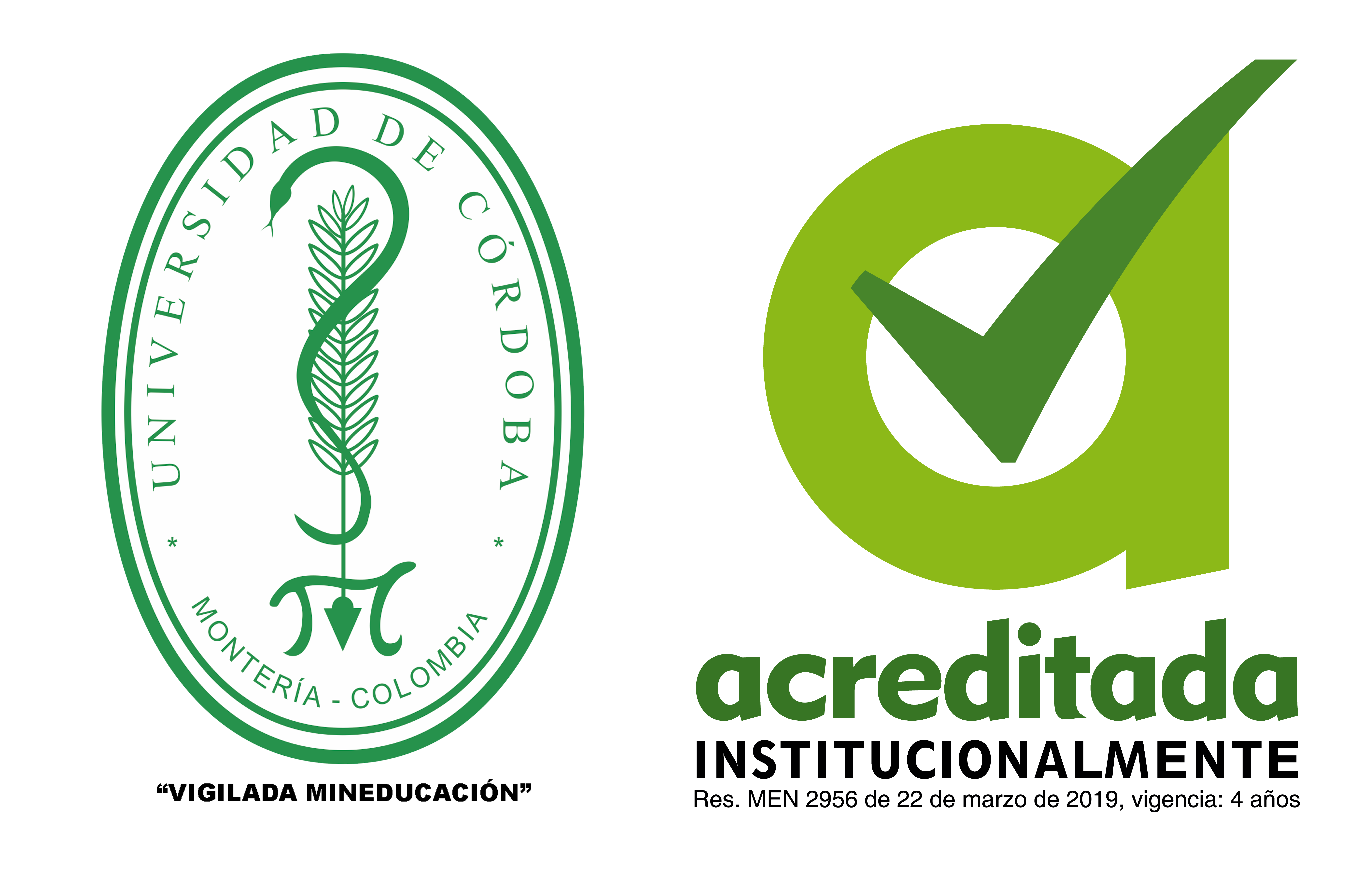Higher education on stage: Academic journey and results of graduation.
Educação Superior em cena: percurso acadêmico e resultados da graduação
The Assensus journal has a Creative Commons license. The citation, use and partial or total reproduction of the contents is authorized by citing sources. For more information, see https://creativecommons.org/licenses/by-sa/4.0/deed.en
Show authors biography
This article (conference) begins with a historical retrospective about the student's commitment to his / her academic learning, taking into account that this topic was the nucleus of a first project, followed by two others, involving the topic of Higher Education . Subsequently, some of the results of the three research projects that focus on access, on the path in the university, and also on the results of graduation are presented. Access is related to the initial characteristics of students upon entering university; In the trajectory are identified factors that intervene in the student's stay or not in the university and finally the benefits of graduation are presented. The three research projects were developed with the participation of higher education graduates from three non-profit universities in the South of Brazil, each project corresponding to a university. The criterion of selection of subjects participating in the research was to have started their training at the Institution of Higher Education in 2005 and to have graduated. In the first project the invitation was extended to students who were scholarship holders of the University for All Program (ProUni); The second with or without a scholarship for careers such as letters, mathematics, biology and others for teaching; The third project included all students who entered the university regardless of whether or not they had the scholarship.
The methodology used in the first project was mixed and in the next two quantitative. The three projects have similar objectives, but are consistent with the profiles of participants. The overall objective of the first project was to analyze the commitment of ProUni students, with their learning, and the impact that this academic profile can unleash on the university and in society. The second and third projects are oriented to the study of the characteristics of access, trajectory and academic results of the graduated students that had scholarship (ProUni), in comparison with those who did not have it. The design, review and improvement of the research instrument was also an objective in the projects. As a result, due to the scope of this article, there are only some advances related to the academic trajectory and the results of the training. The first project ratifies the commitment of the ProUni student as an important factor to overcome the difficulties found in academic context, which in turn is reflected in the possibilities of employment and job satisfaction.
In the second project, difficulties in the academic trajectory are evident, and are related to the absence of prerequisites, material aspects, interrelationships, which did not show a significant difference between the scholarship students and those who were not. The previous finding indicates that graduates who were not ProUni may have faced the same difficulties as those who had the fellowship program. The relationship between satisfaction with training, the work achieved and the choice of the course, makes it possible to choose the courses by affinity / abilities to the perspective of choice by economic factors of both groups. Among the results highlighted in the third project, the difficulties presented during the academic trajectory show similarity among the scholarship students through ProUni, as for those who were not. Regarding job performance in relation to training, the following variables emerge: job satisfaction, graduation, skill development, personal growth and others. These results seem to indicate that the academic degree provides equal opportunities in the labor market, that is to say that for graduates of the University for All Program are given the necessary conditions to compete in obtaining new and better perspectives of life. Regarding the improvement of the instrument of the survey, factorial analysis was applied in each instrument, noting that the surveys registered a great advance in the internal consistency of each group of questions according to Cronbach's Alpha. This supports the consistent validation for its application in the fourth research project that is already under way. The results also indicate the need for more extensive research, with the participation of different universities and regions.
Article visits 666 | PDF visits



